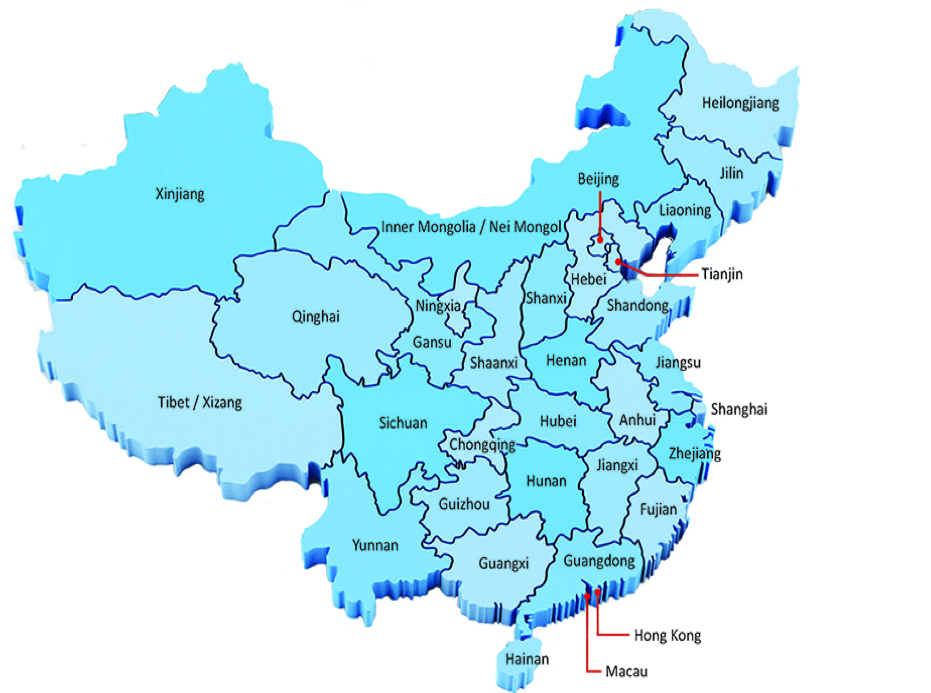The Chinese National Bureau of Statistics reported that in January – February 2020, the country’s retail sales fell by 20.5% or 1.3 billion yuan to 5.2 billion yuan compared to the same period last year. However, in the same period, the category of food products has registered a growth of 9.7% and the cooking oil section is a part of this surge. Going forward, cooking oil sales in China for the whole of 2020 is expected to be higher as more people are eating at home.
Opportunities for cooking oil companies in China
Rising cooking oil sales in China have opened up opportunities for the top 4 cooking oil companies and smaller players to increase their sales. In China, the cooking oil market distribution and its sales is mostly concentrated with the top 4 companies namely Wilmar International, COFCO, Shandong Luhua and Xiwang Food. These 4 companies enjoy approximately 63.8% of the country’s cooking oil market share. Arawana and Fu Lin Men are 2 of the most famous cooking oil brands in China which belong to Wilmar International and COFCO respectively, followed by Lu Hua and Xiwang for the brands own by Shandong Luhua and Xiwang Food.

Opportunities for more palm oil to be used in the household cooking oil sector
In China, palm oil is generally used in blend with other soft oils, this is because palm oil tends to cloud in a temperate climate. The usage of the palm oil is preferred due to its cost competitiveness, high resistance to oxidation and gumming, low free fatty acid rise and smoking, low rate of foaming, low rate of darkening and rich in nutritious content such as red carotenoids. In China’s cooking oil market, soybean oil is the most commonly used oil. It accounts for 50% of China’s total cooking oil market. Second is rapeseed oil which ranks second with 23% market share. In China, staple oil consumption differs from region to region. In the Northeast region, including the provinces of Heilongjiang, Jilin, and Liaoning, the staple oil is soybean oil. Rapeseed oil is predominantly consumed in the Middle and West regions namely Jiangsu, Zhejiang, Anhui, Jiangxi, Hunan, Sichuan, Guizhou, Yunnan, Shaanxi, Gansu, Qinghai, and Xinjiang. In the South region, which includes Guangdong, Fuijang, and Guangxi, peanut oil is more popular.
China’s regional map

Per Capita Household Cooking Oil Consumption Expected to Rise
As the Chinese spend more time dining at home in 2020, it is expected that there will be an increase in household cooking oil consumption per capita. Considered that cooking oil is a daily necessity, the household cooking oil per capita consumption per year is stable, ranging between 9.8 kg to 10 kg.
The total volume of cooking oil consumed is also driven by population growth. From 2014 to 2019, the cooking oil market grew by an average rate of 0.3% p.a. or an annual increase of 41,560 MT to reach an estimated consumption of 13.7 million MT in 2019. Meanwhile, China’s population grew by an average rate of 0.5% for the same period under review.
China’s Cooking Oil Consumption
| Year | Per Capita Consumption (kg) | Population | Total Consumption (MT) |
|---|---|---|---|
| 2013 | 9.9 | 1,360,720,000 | 13,471,128 |
| 2014 | 9.8 | 1,367,820,000 | 13,404,636 |
| 2015 | 10 | 1,374,620,000 | 13,746,200 |
| 2016 | 10 | 1,382,710,000 | 13,827,100 |
| 2017 | 9.8 | 1,390,080,000 | 13,622,784 |
| 2018E | 9.8 | 1,395,380,000 | 13,674,724 |
| 2019E | 9.8 | 1,400,050,000 | 13,720,490 |
Source : China national Bureau of Statistics, Statista
Note : Per capita cooking oil consumption for 2018 and 2019 is estimated from the average growth from 2014 to 2018.
Prepared By: Lim Teck Chaii
*Disclaimer: This document has been prepared based on information from sources believed to be reliable but we do not make any representations as to its accuracy. This document is for information only and opinion expressed may be subject to change without notice and we will not accept any responsibility and shall not be held responsible for any loss or damage arising from or in respect of any use or misuse or reliance on the contents. We reserve our right to delete or edit any information on this site at any time at our absolute discretion without giving any prior notice.

